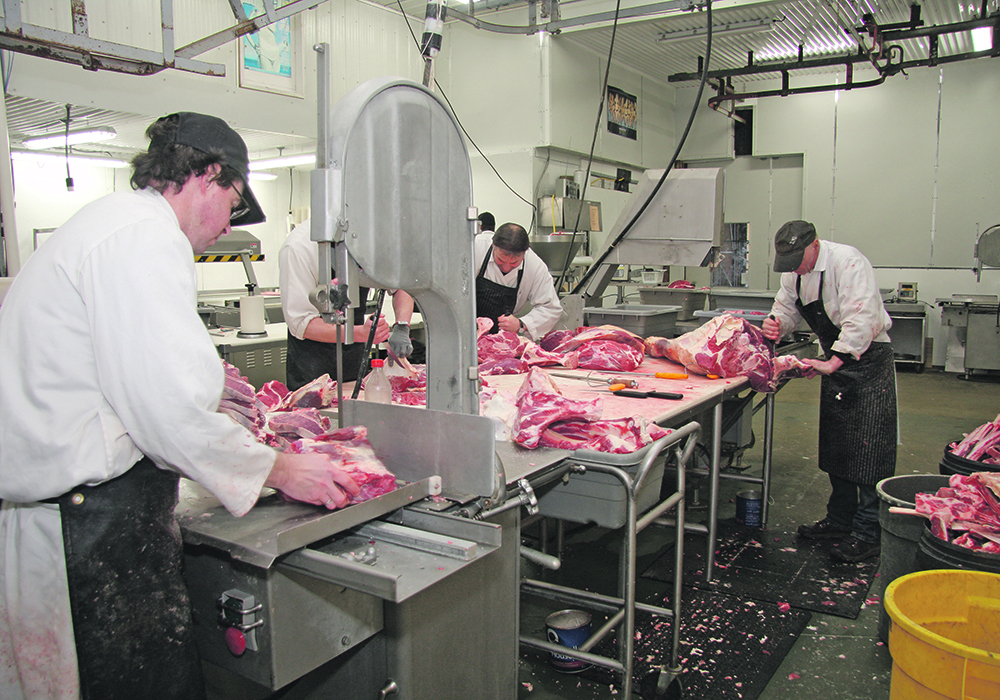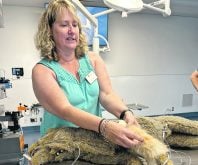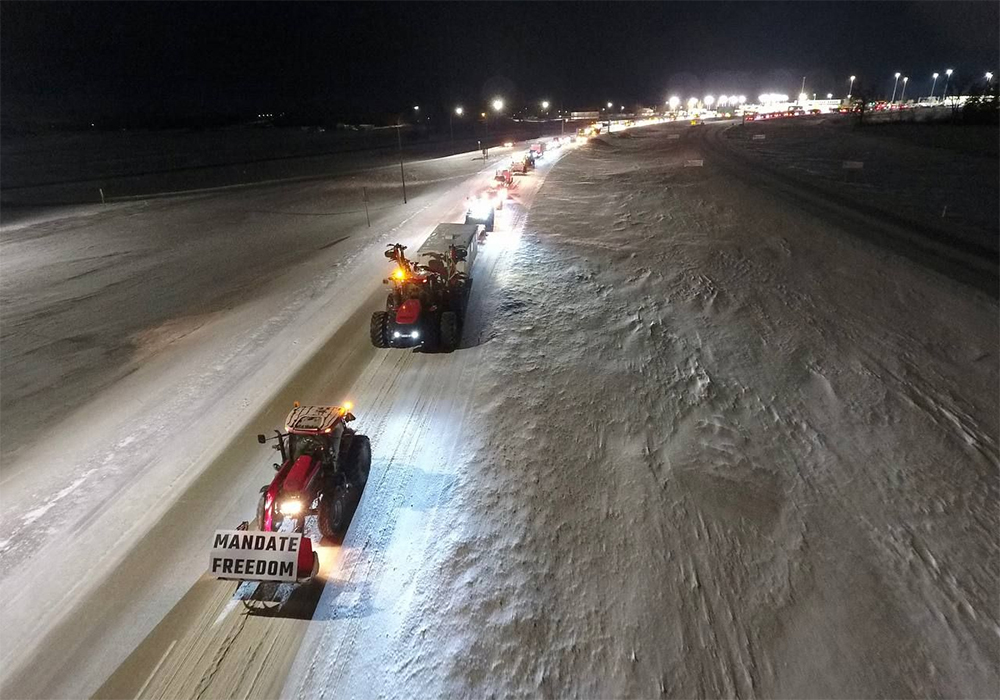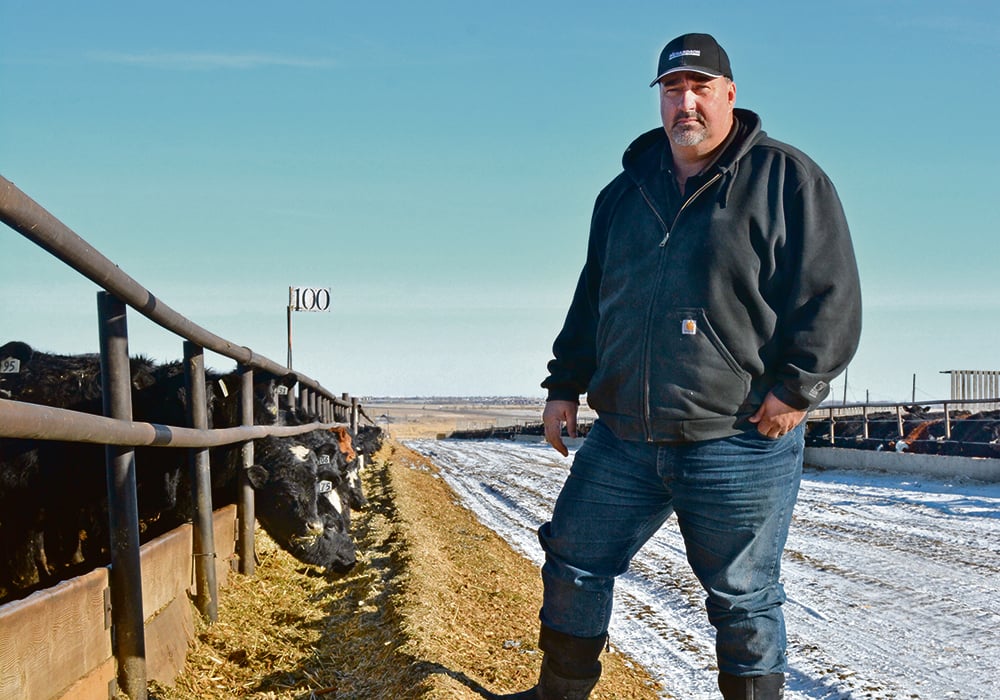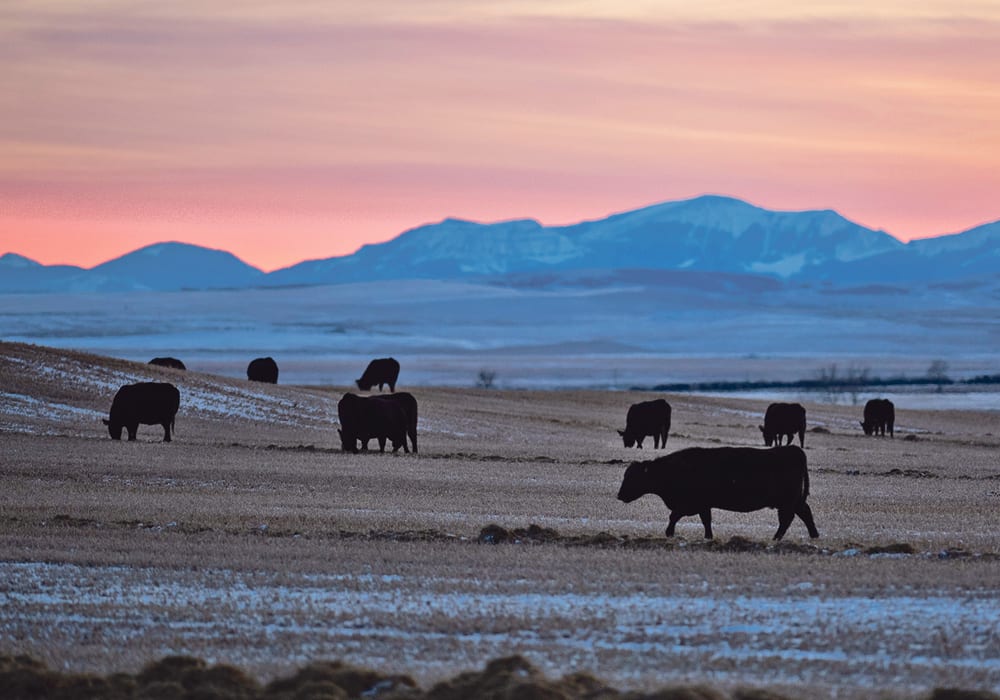National Farmers Union argues that governments must do more to encourage a small-scale meat industry in the province
Allowing on-farm slaughter and virtual inspections are among proposals by the National Farmers Union aimed at creating a small-scale meat industry in British Columbia, something it also seeks for the rest of Canada.
“(The COVID-19 pandemic) really revealed to a lot of consumers the fragility of the Canadian meat system, and so a lot of people were looking to buy their meats directly from local farmers,” said Freya Kellet, B.C. climate change co-ordinator for the NFU.
But not only is the current system creating bottlenecks for consumers, “farmers and ranchers are missing out on the unprecedented opportunity the COVID-19 pandemic has created to grow business and to contribute to their local economies and food security,” she said.
Read Also

Trump’s tariffs take their toll on U.S. producers
U.S. farmers say Trump’s tariffs have been devastating for growers in that country.
“Essentially, the same problems are being faced in every single province, and so we see that the work that we’re doing in B.C. as a road map potentially for other provinces, and we’re definitely working on this critical issue in many provinces right now.”
Current legislation aims to keep Canadian consumers safe from diseases that can cause sickness and death, said Heather Bruce, a professor of carcass and meat science at the University of Alberta’s Faculty of Agricultural, Life and Environmental Sciences in Edmonton.
She “can’t disagree or agree” with the NFU’s proposals until research is undertaken to determine their impact, adding science should guide decision making.
“Now, can virtual inspection work? Let’s do the research.”
Despite the fact there is a “high demand for local, sustainable, and niche meat products, there is a critical abattoir and cut/wrap capacity issue,” said a report by the NFU, describing the situation in B.C. as a meat-processing crisis.
“Abattoirs are an absolutely essential feature of a vibrant and resilient small-scale meat system, and right now the lack of reliable access to abattoirs is the main roadblock facing existing producers,” it said.
Changes on a national level aimed at standardizing food safety and slaughter protocols left only 13 provincially inspected plants in B.C. after 2007, down from more than 300 facilities that had served livestock producers and rural communities, said the report.
Class D and E rural slaughter licences were introduced in 2010, allowing a small amount of livestock to be processed under less-stringent standards to help underserved producers in some rural areas, it said. But a lack of inspectors in B.C. means some facilities can’t operate at full capacity.
Nearly all the beef sold in Canadian grocery stores is processed in only three large meat-packing plants, said Kellet. Cargill has facilities near High River, Alta., and Guelph, Ont., while JBS Canada operates a plant in Brooks, Alta.
Although COVID-19 outbreaks at such plants have brought home to Canadians what the report called the excessive ownership and geographic concentration in the meat industry, it said the problem has existed for years.
It contained several recommendations for the B.C. Ministry of Agriculture, which recently released an intentions paper on rural slaughter modernization.
Officials are “exploring opportunities to expand the use of agritechnologies, such as virtual inspections, as alternatives to the traditional model of having an inspector present during slaughter,” said the intentions paper.
“The ministry is investigating technical, policy and legal aspects of ideas like remote ante-mortem inspection, delayed ‘cold’ postmortem inspection, and how third parties can be engaged to efficiently provide cost-effective inspection in remote communities. We are also developing a new approach to encourage mobile slaughter businesses.”
Other proposals by the NFU include legalizing on-farm slaughter in B.C. as an emergency measure during the pandemic, along with incentives for local butcher facilities to boost staff hours and cooler space to process animals, said the report.
It also recommended that B.C. should update its current licence structure to reflect the emerging market supplied by small-scale farms and processors. It should be “regulated in a manner that is proportionate to the lower risk, and the increased traceability, of the shorter food chain created by small-scale agriculture and direct-to-consumer marketing,” said the report.
If the meat-processing industry is seeking such changes so it can serve new markets, “it certainly should explore it,” said Bruce. “But do it with research, with experimentation, and look at the data and let the data be the guide for that kind of decision making.”


